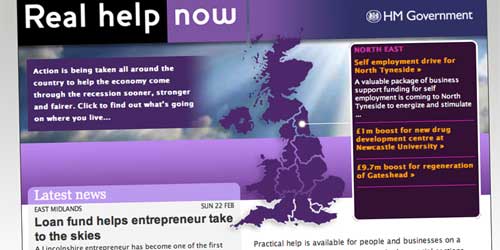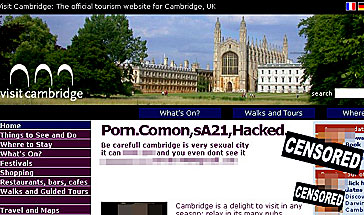David Wilcox has published another great thought-piece on social reporting and exactly what it is and where it fits:
I’m delighted to find there’s increasing interest in social reporting around events … which may start with an enquiry about how to capture some video interviews, but can lead to a discussion about how an organisation may network with its members, clients or customers.
David, along with some colleagues, is building up some resources on social reporting, including a wiki and a toolkit.
He also mentions some of the stuff I have been doing:
Nevertheless, more and more corporate and public sector event organisers are interested in social reporting, not least through the efforts of Dave Briggs, who is a real wizard with different social tools. I must compare notes with Dave on his use of Ning for UKGovCamp09, where all participants get a profile and personal blog with ability to contribute their own photos, videos and forum comments. It is a great environment within which anyone attending an event can become a social reporter, learn about social tools, and develop new relationships online that build from connections made at the event.
What Dave is starting to do, I think, is show a way forward for social reporting as one way in which an organisation can use its events to develop the new convening role that Clay Shirky talked about in his interview with Amy Sample Ward. My analysis here.
The use of Ning to build up buzz before, during and after an event was really brought to my attention by Tim Davies with the Youth Work Online event and network. That really showed what could be done by giving people a place to meet and talk before turning up to an event, and to report and develop ideas afterwards. As much as I would like to take the credit, I really can’t!
However, especially with UKGovWeb, the people participating are already heavily networked and web-savvy. It’s also a bunch of people who don’t have a comprehensive, open online community to join, so I really hit the ground running in a way that I don’t think would happen with a different group.
Elsewhere on the social reporting front, I’ve done three bits of work using a modified WordPress template which aggregates different feeds using tags on services like Flickr, delicious, Twitter and others. It’s not perfect, but it worked well with Cisco, IDeA and the Social Media Exchange.
The beauty of this approach is that it isn’t ‘just’ an aggregator – being built on WordPress there is a blog there too, so if others want to be able to contribute by blogging for the first time, in a ‘safe’ environment, they can. Using something like PageFlakes to map what’s being said on the web misses this learning opportunity.
(Incidentally, I’m in the process of rewriting the social reporting WordPress theme entirely. It’s going to be a lot slicker, and will be much easier for people to use – telling it what tags to track will be a matter of setting an option in the WordPress admin panel, likewise changing basic colours and a logo.)
I think, in the end, that it comes down to what the purpose of the online reporting is. Some people just want a record of what happened, some people want to build something that people will use again and again in the future. Either way, I think it begins to blur the edges of an organisation just a little bit.






